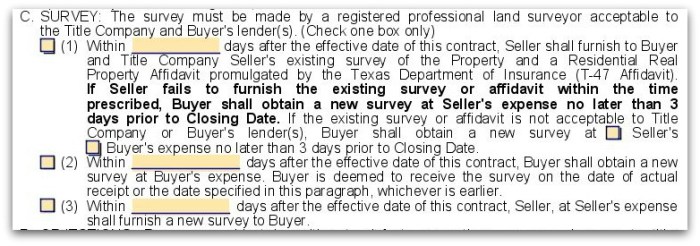The T-47 Residential Real Property Affidavit is a legal document that plays a crucial role in real estate transactions, serving as a vital tool for ensuring the accuracy and validity of property information. This comprehensive guide delves into the purpose, requirements, procedures, and legal implications of this affidavit, providing a clear understanding of its significance in the real estate industry.
The T-47 affidavit serves as a sworn statement, requiring the affiant to provide accurate information about the property’s ownership, occupancy, and other relevant details. It is commonly used in conjunction with other documents such as deeds, mortgages, and closing statements, and is often required by lenders and title companies to verify the property’s status.
1. Definition and Purpose
A T-47 residential real property affidavit is a legal document used in real estate transactions to provide information about a residential property. It serves as a sworn statement by the property owner or authorized representative that discloses specific details about the property’s condition and history.
This affidavit plays a crucial role in real estate transactions by providing potential buyers and lenders with essential information to assess the property’s value and potential risks. It helps ensure transparency and accuracy in the real estate market.
2. Required Information: T-47 Residential Real Property Affidavit

A T-47 affidavit typically includes the following information:
- Property address and legal description
- Owner’s name and contact information
- Property type and square footage
- Details of any improvements or renovations made to the property
- Disclosure of any known defects or issues with the property
- Zoning and land use information
- Property tax information
- Covenants, restrictions, or easements affecting the property
3. Procedures and s

The process for completing and filing a T-47 affidavit typically involves the following steps:
- Obtain the affidavit form from the appropriate government agency or legal professional.
- Carefully review the instructions and ensure that all required information is available.
- Gather any necessary supporting documentation, such as property records or inspection reports.
- Complete the affidavit accurately and truthfully, providing all relevant information to the best of your knowledge.
- Sign and notarize the affidavit before a notary public.
- Submit the completed affidavit to the designated filing office or recipient as per the instructions.
4. Legal Implications
Signing and submitting a T-47 affidavit carries significant legal implications. By providing sworn testimony, the affiant represents that the information disclosed in the affidavit is true and accurate to the best of their knowledge.
False or incomplete information in the affidavit could result in legal consequences, including:
- Breach of contract
- Misrepresentation or fraud
- Financial penalties or damages
- Criminal charges in severe cases
Therefore, it is crucial to consult with a legal professional if there are any uncertainties or concerns about the information provided in the affidavit.
5. Exceptions and Limitations

There may be certain exceptions or limitations to the use of a T-47 affidavit. In some cases, other documents or procedures may be required, such as:
- In commercial real estate transactions, a different affidavit or disclosure statement may be required.
- For properties located in historic districts or subject to specific zoning regulations, additional documentation or disclosures may be necessary.
- In some jurisdictions, a T-47 affidavit may not be sufficient to fully disclose all material facts about a property, and additional investigations or inspections may be required.
FAQ Resource
What is the purpose of a T-47 Residential Real Property Affidavit?
The T-47 affidavit provides a sworn statement of property ownership, occupancy, and other relevant details, ensuring the accuracy and validity of property information in real estate transactions.
What information is required in a T-47 affidavit?
The affidavit requires information such as the affiant’s name, property address, ownership history, occupancy status, and any liens or encumbrances on the property.
Who completes and signs the T-47 affidavit?
The affidavit is typically completed and signed by the property owner or their authorized representative, who must have personal knowledge of the property’s details.
What are the legal implications of signing a T-47 affidavit?
Signing a T-47 affidavit is a serious matter, as it carries the weight of a sworn statement. Providing false or incomplete information can have legal consequences, including potential charges of perjury.